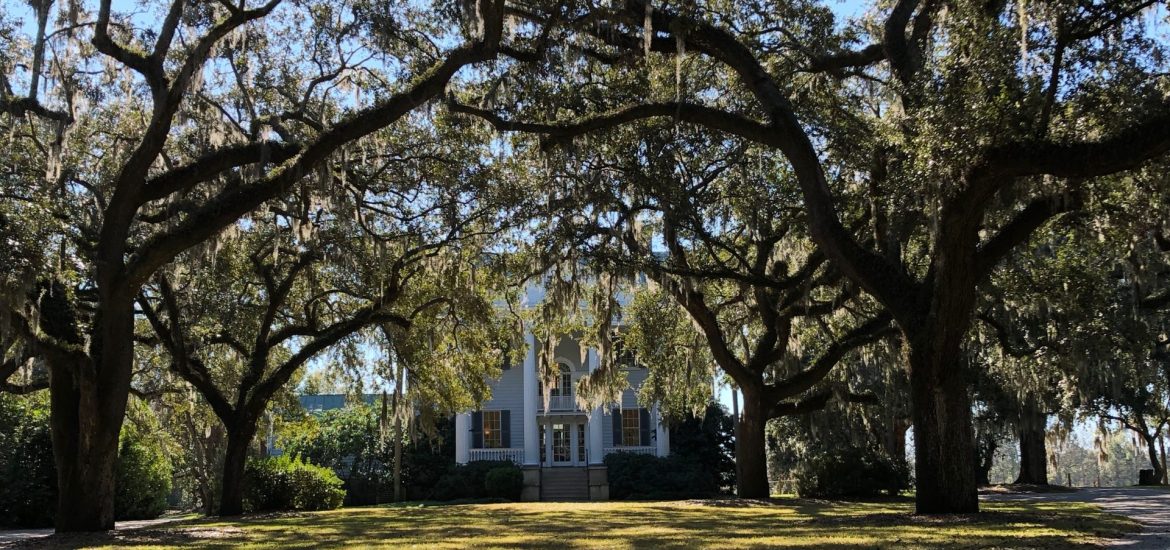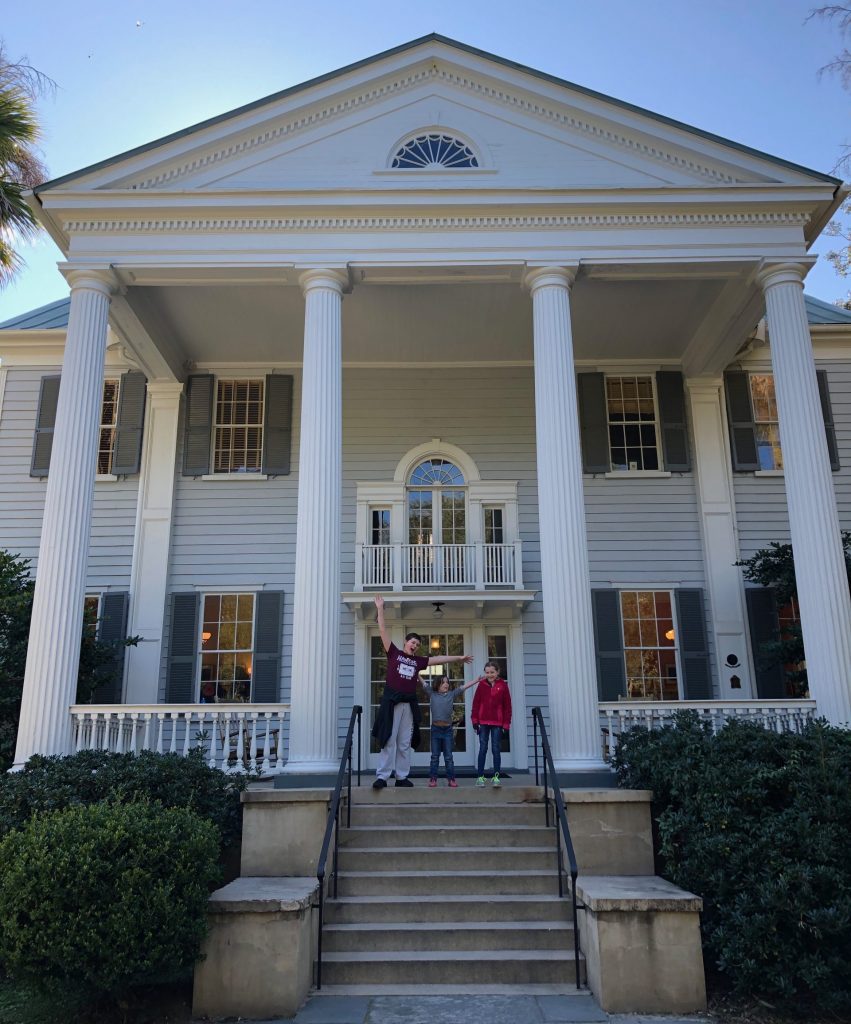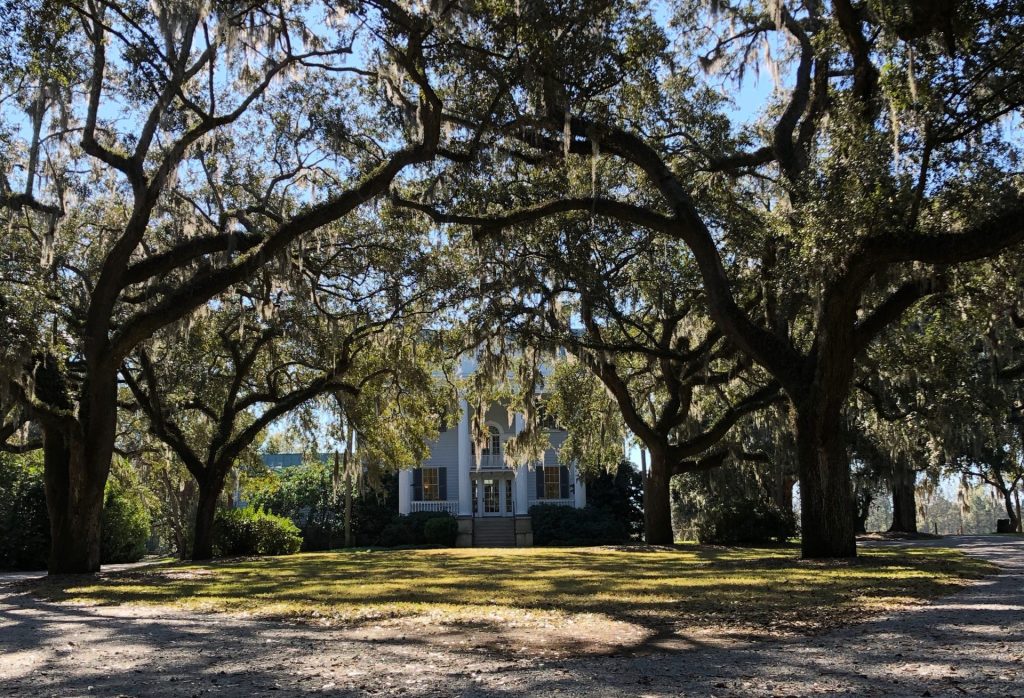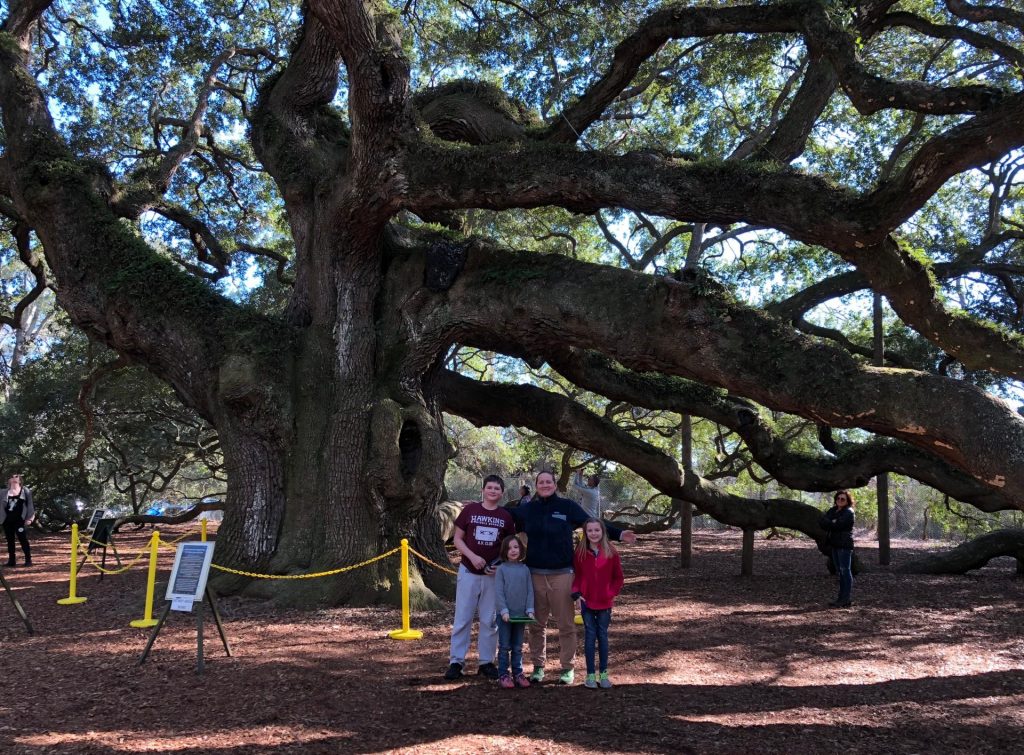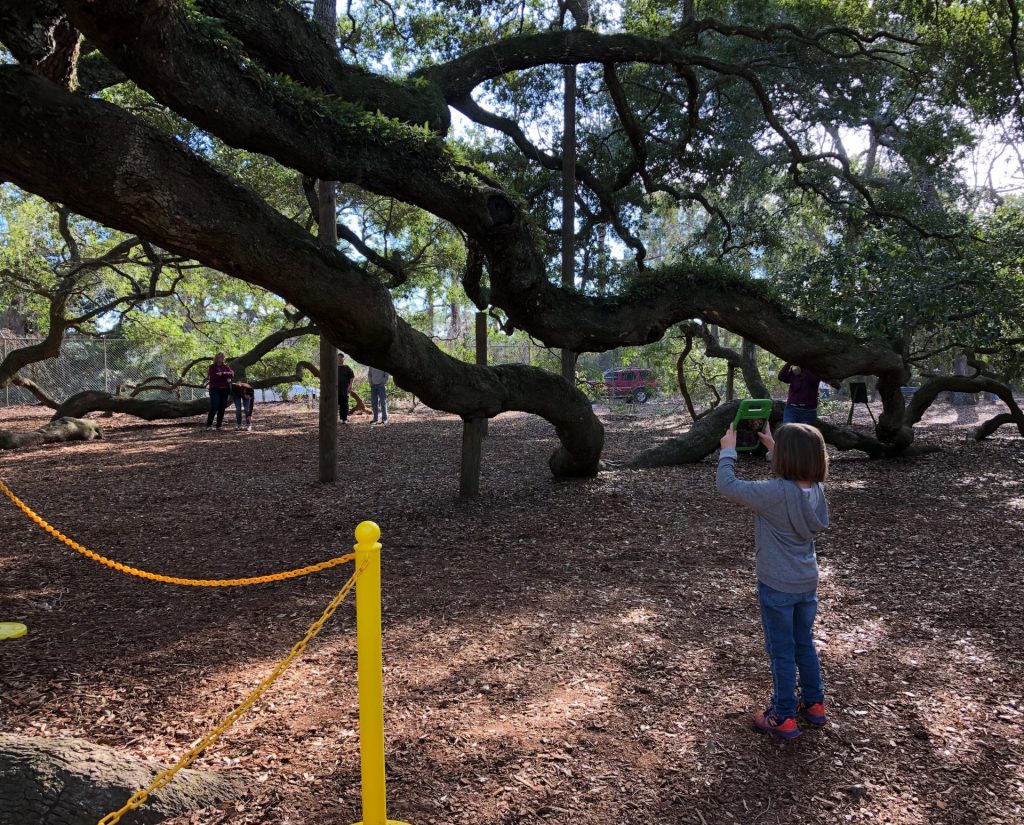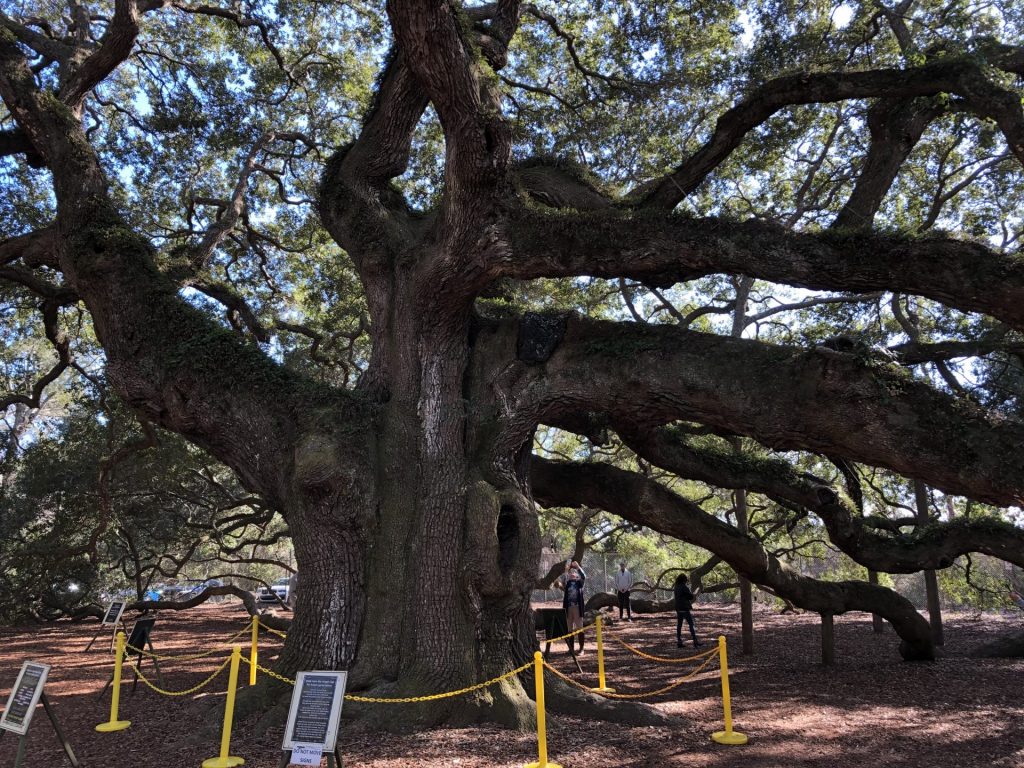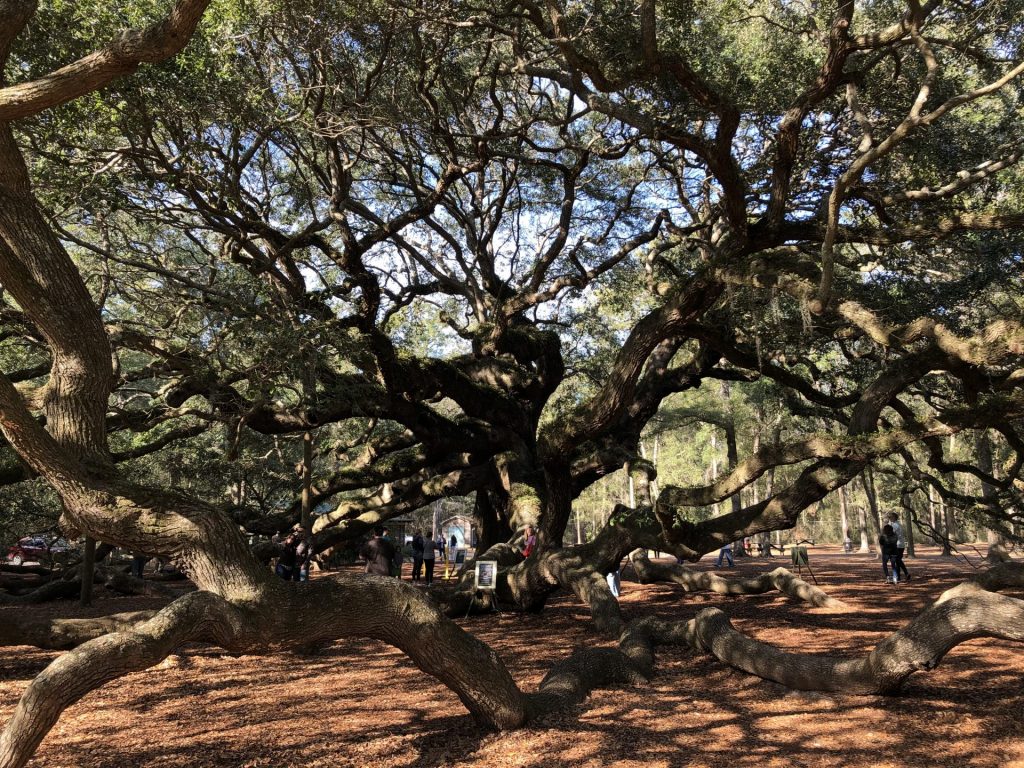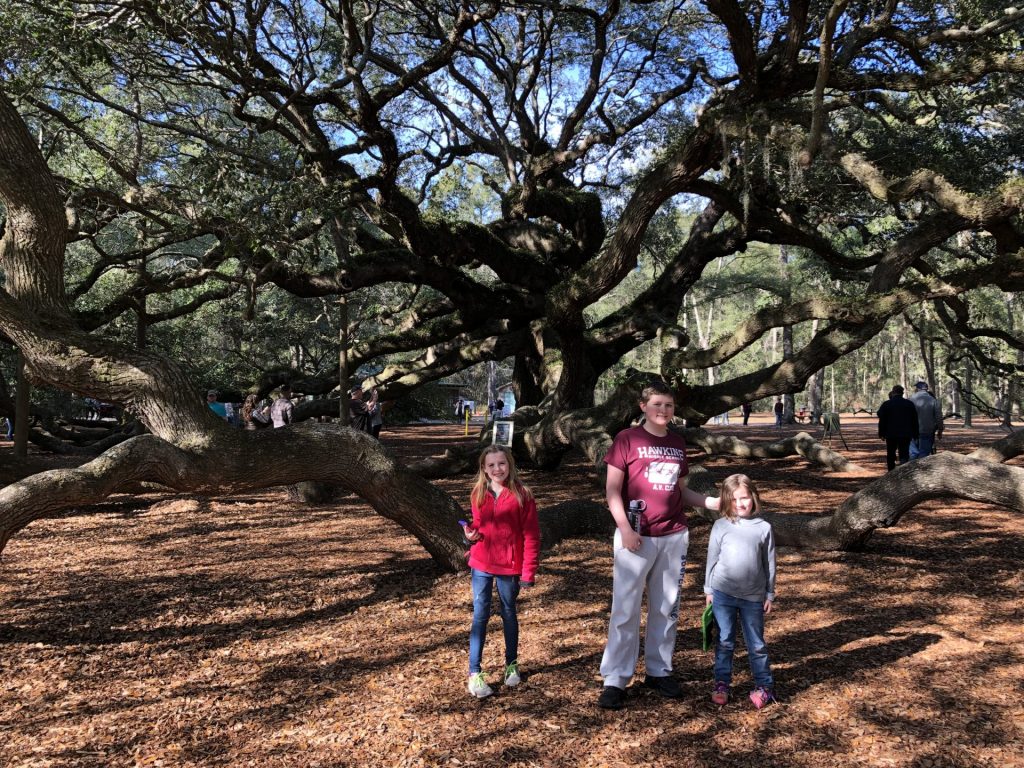for our final full day in charleston, we headed to james island, where we took a tour of the mcleod plantation. derek had done a lot of research, and of the remaining plantations in charleston, mcleod is the only one that really focuses on the lives of the slaves and their descendants during their time at the house, starting from when the first mcleod purchased the property in the 1850s until around 1990.
our tour didn’t start until about an hour after we arrived, so first we visited some of the spots that weren’t on the tour, including inside the actual house. there was a volunteer inside, who explained some of the artifacts and history of the house. we touched “sea island cotton”, which was the primary crop grown on this plantation and many others in charleston, and is much softer than standard cotton.
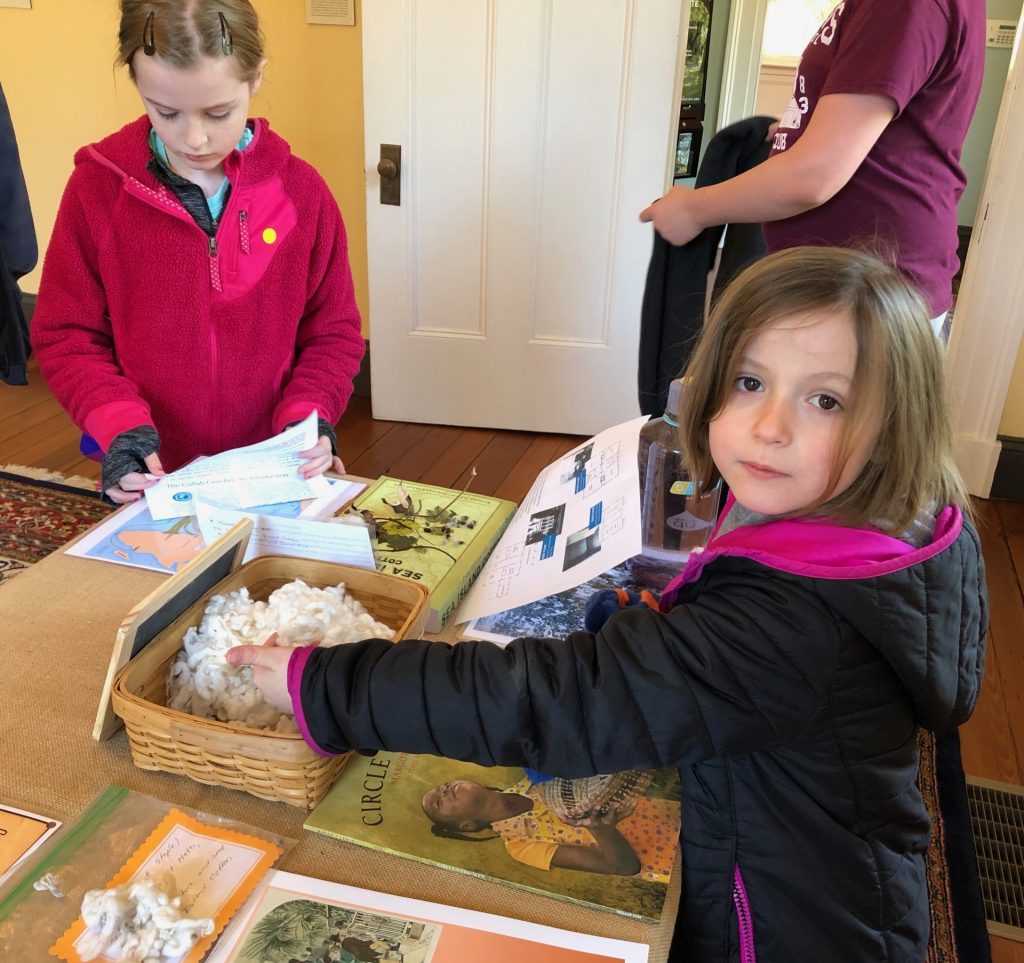
sea island cotton touching. 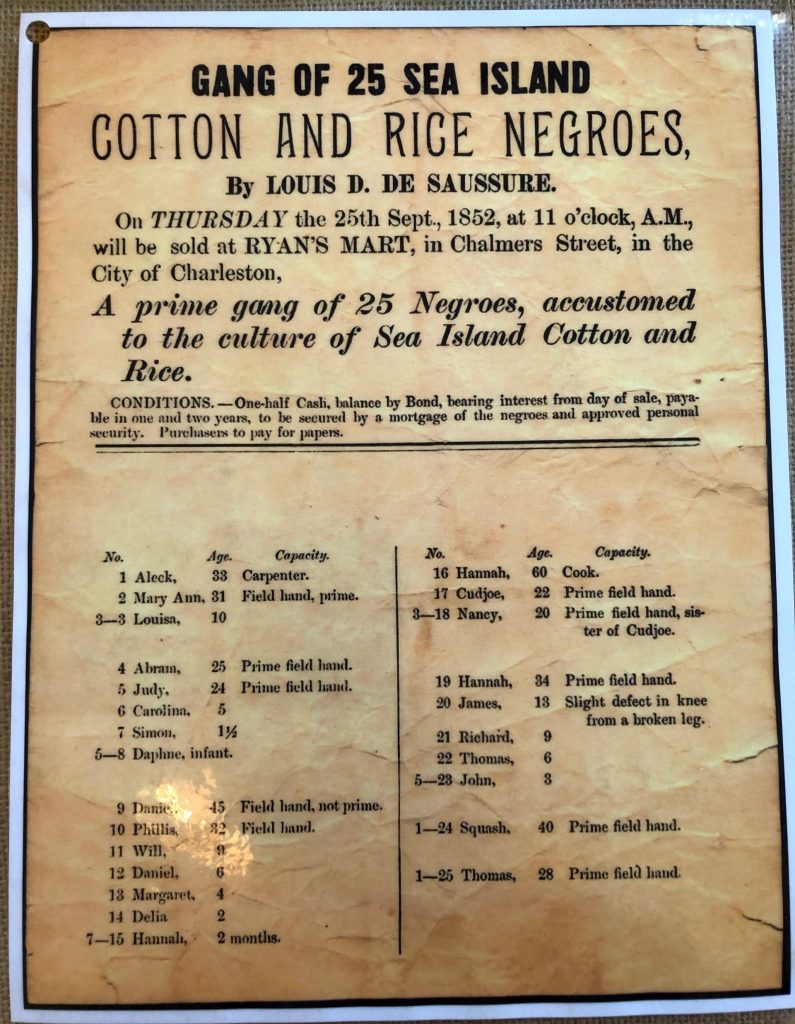
these ads for slaves were sad and sobering.
there was intentionally no furniture or decorations in the actual house, so that the focus wasn’t on southern style or architecture. the rooms were filled with exhibits about different folks that lived on the plantation and life for black people in those days.
when we were done inside, we stopped to take some photos in the front of the house. on our tour, we learned that this was actually the back of the house, but when southern plantation owners were struggling to hold onto plantations after slavery was abolished, and they realized the market for tourism, they added the details that they felt would make this home look more like what a “traditional” looked like. the large porch and columns and little balcony were all added years later.
our tour guide mostly focused her talk on the lives of enslaved women and children, which is particularly brutal and sad. basically, women were treated as baby making factories, so the owners could have more “property”. and as most folks know, the children were often separated from their families through auctions and sales.
beginning in the civil war, the residents of the home changed quite frequently and dramatically. it was occupied at different times by both confederate and union soldiers. after the war, in which the current mcleod died, the plantation became government property. at that point, the freedman’s bureau set up shop in the house, providing aid to newly freed slaves, trying to navigate the new south under jim crow laws.
eventually the property was given back to a descendant of the mcleod family, where it stayed, until 1990. the old slave houses were rented out to some of the very descendants of the first slaves to live here, right up until that time for $27 a month.
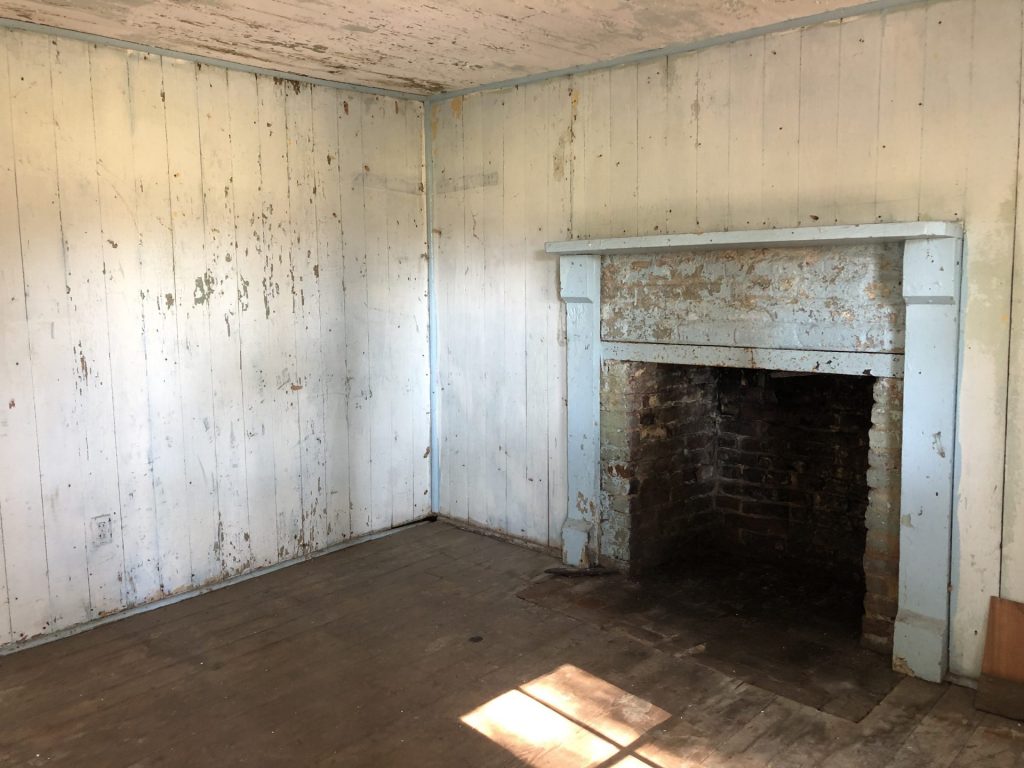
somewhat transformed by renters. 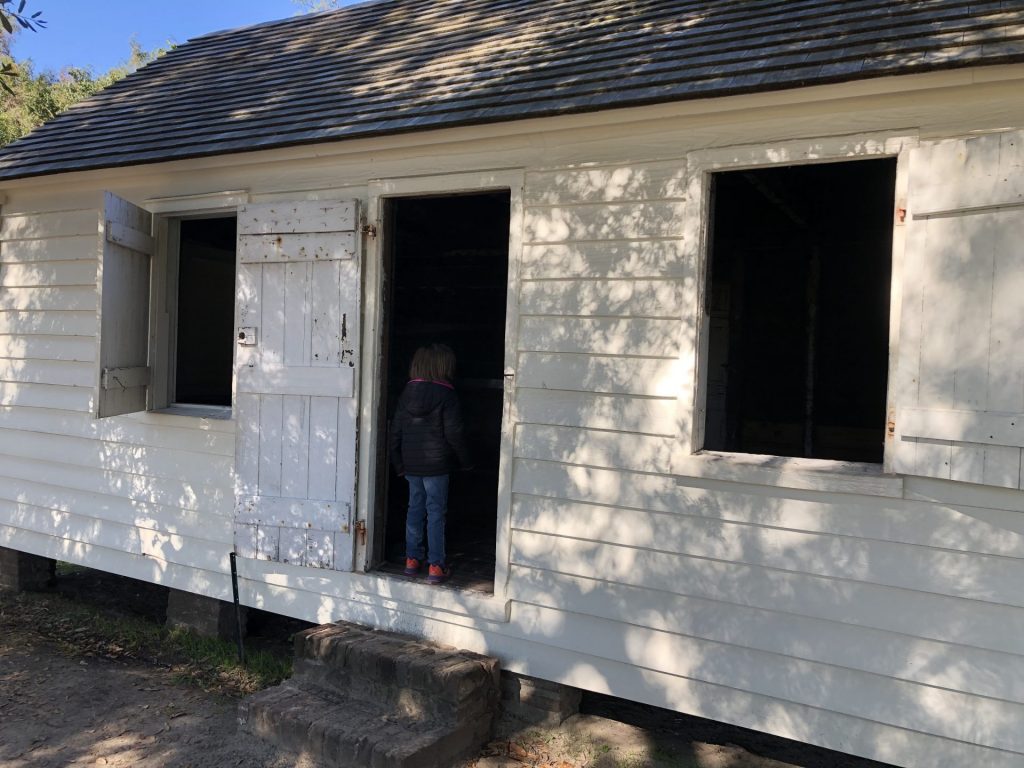
checking out the inside. 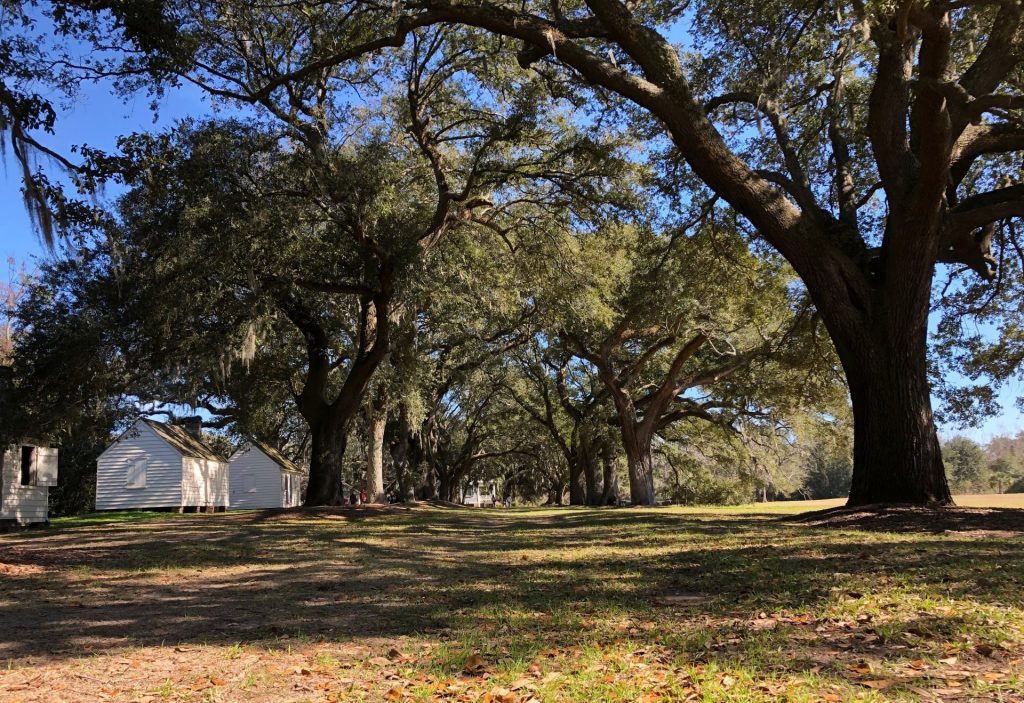
row of oaks. slave houses on the left.
we learned a lot on the tour. i’ve done a terrible job of relaying that here. you can look it up on wikipedia, probably. anyhow. after the tour, we wandered a bit and took more pictures, including this cool massive knotted oak tree.
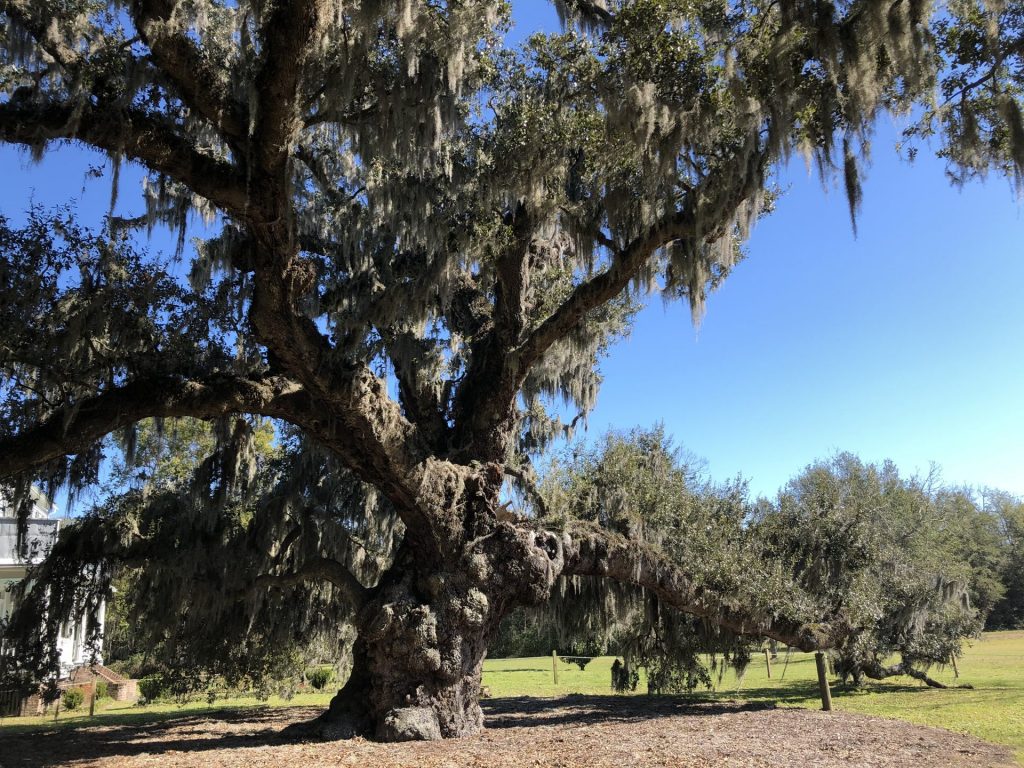
knotty oak. 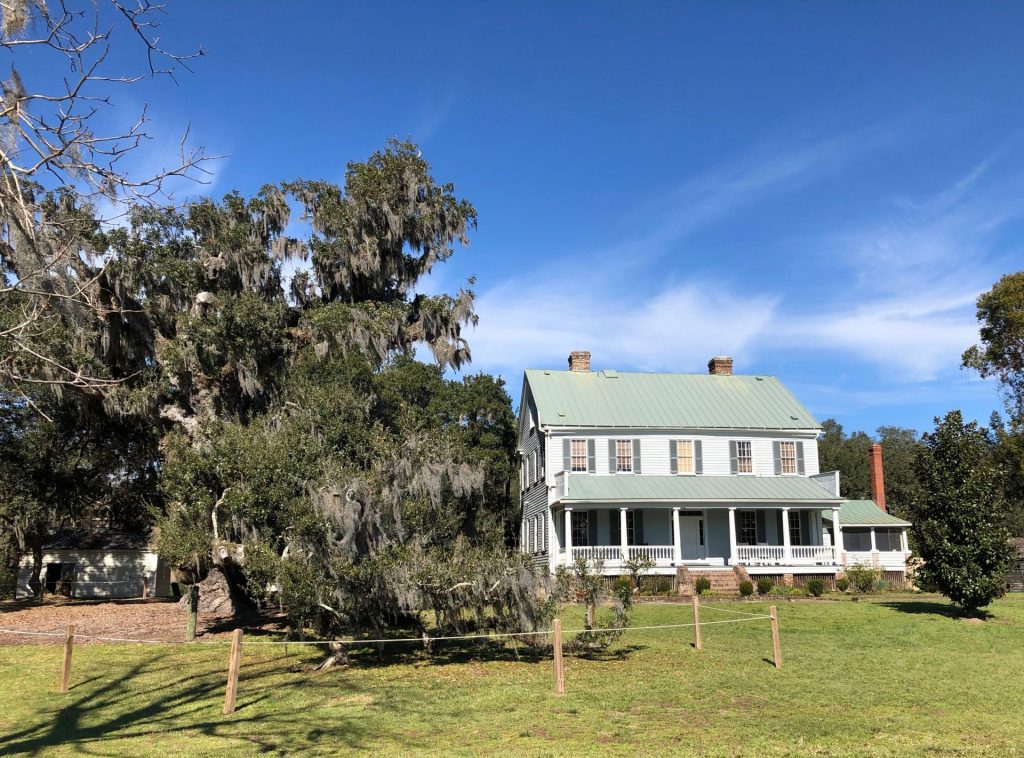
the old “front” of the house. 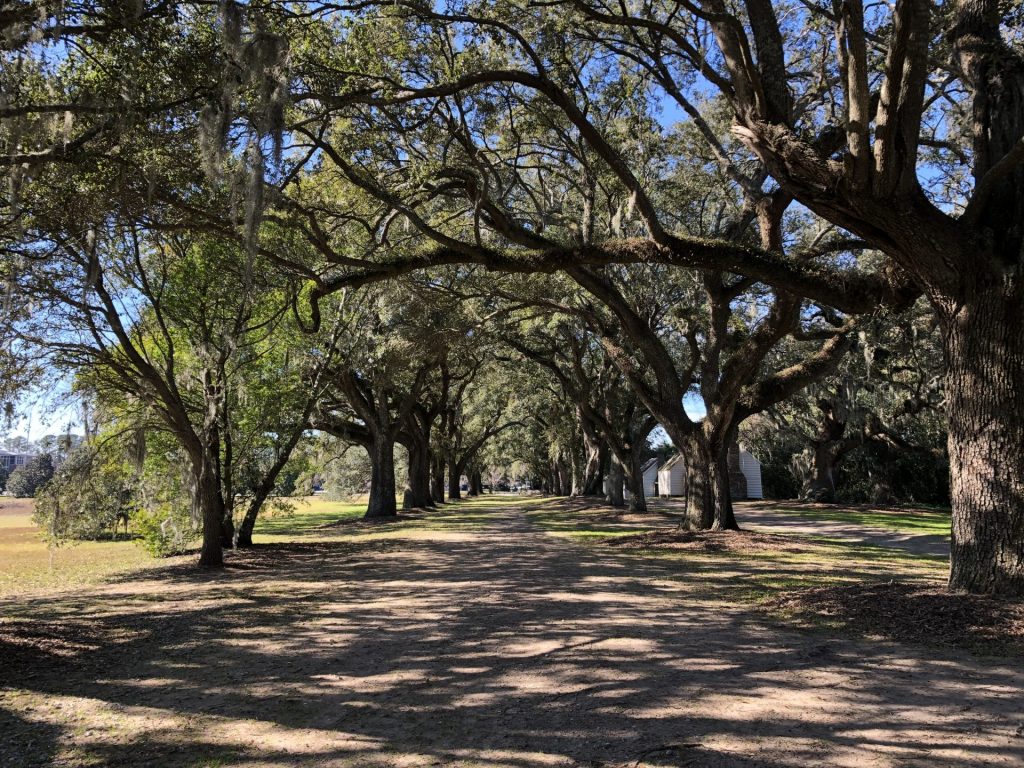
avenue of oaks. always cool. even if it’s sad.
full of information and sadness, we departed, off to find some lunch. we settled on a little burger place, which i do not remember the name of to save my life. but t was so good. i went with the fried chicken sandwich, since i can burger on keto all day long. and you bet i ate every last tasty carb-filled french fry.
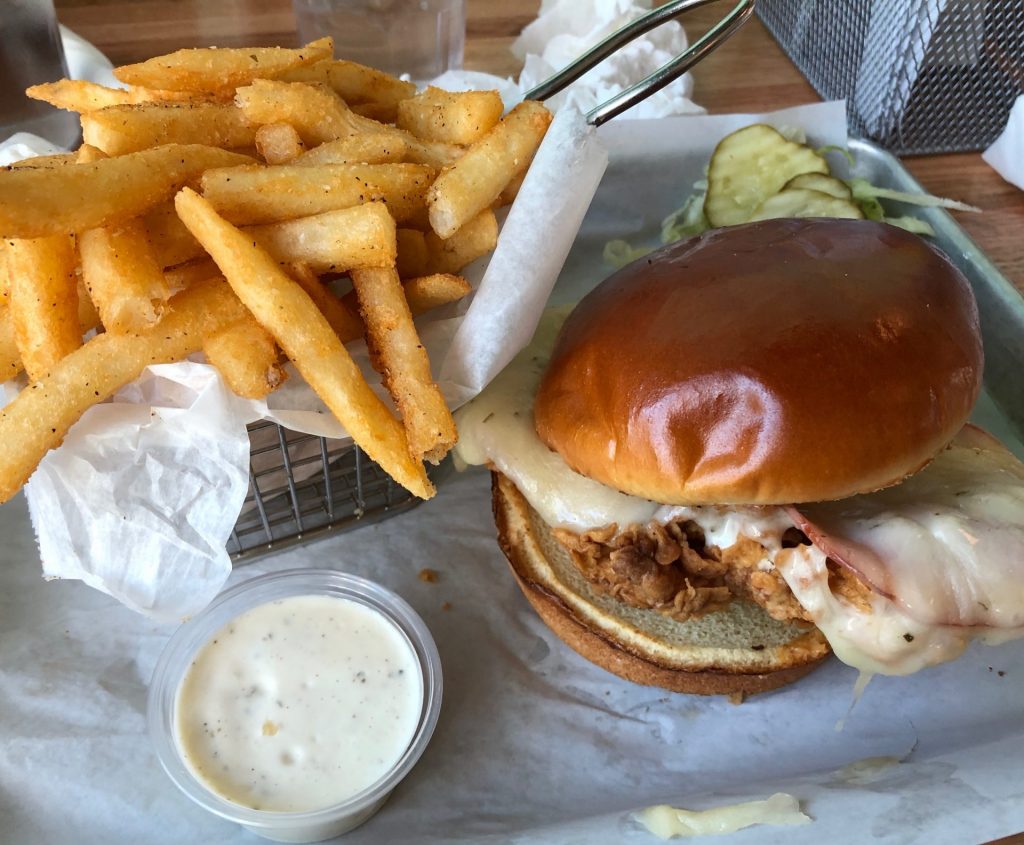
at the mcleod plantation, when we were talking about the cool oak tree, the cashier at the visitor center told us about the angel tree, which is one of the biggest live oaks still standing (with help). it was nearby, so we figured it was worth a stop.
it was truly massive. and sprawling. and fully supported by a hodge podge network of cables and posts. we wandered around for a bit. trying to capture the magnitude via iphone photo.
at this point, we realized we were close enough to the charleston tea plantation to squeeze in a quick visit before it closed. we sampled some free iced and hot tea. went on a quick little tour of the processing plant area (which is currently dormant because winter).
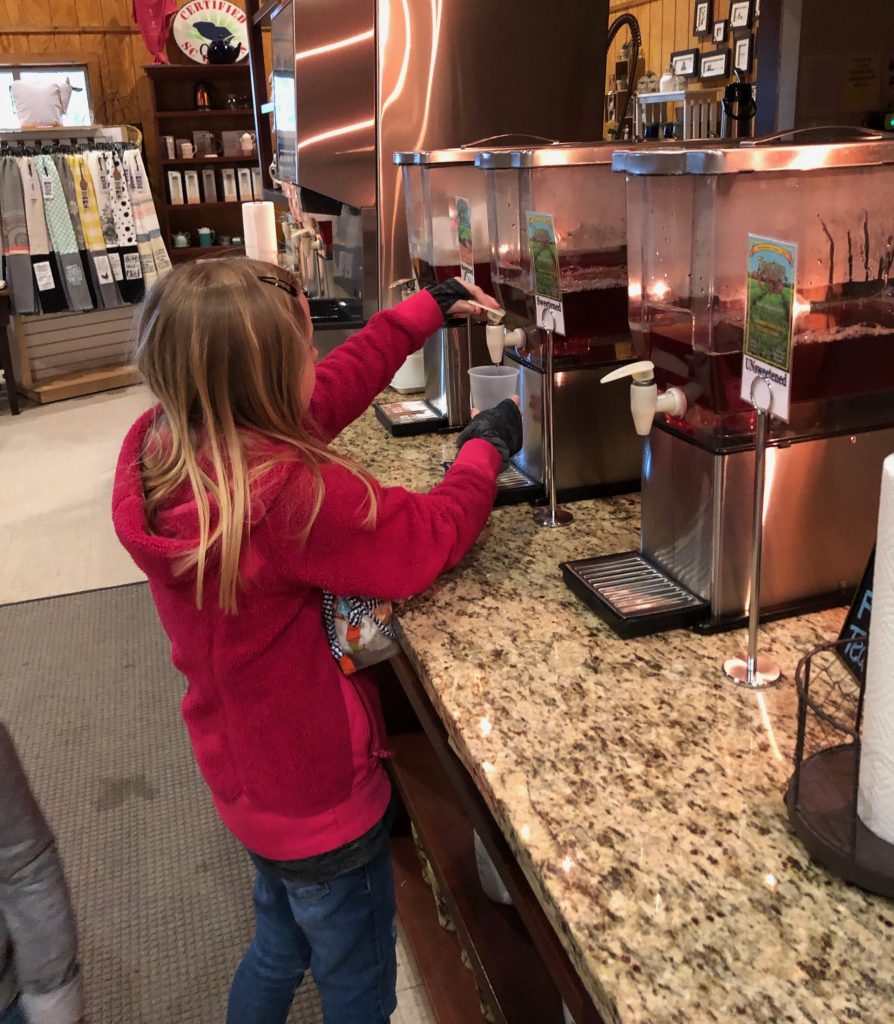
sampling. 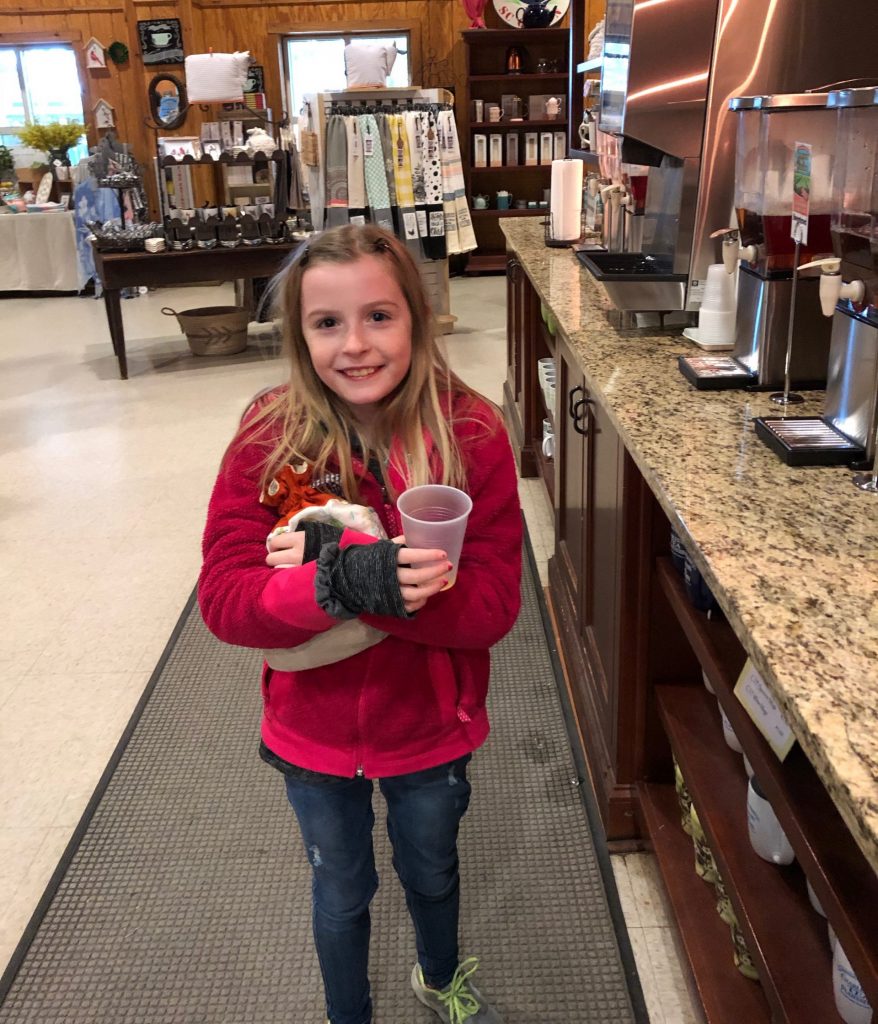
tea lover. 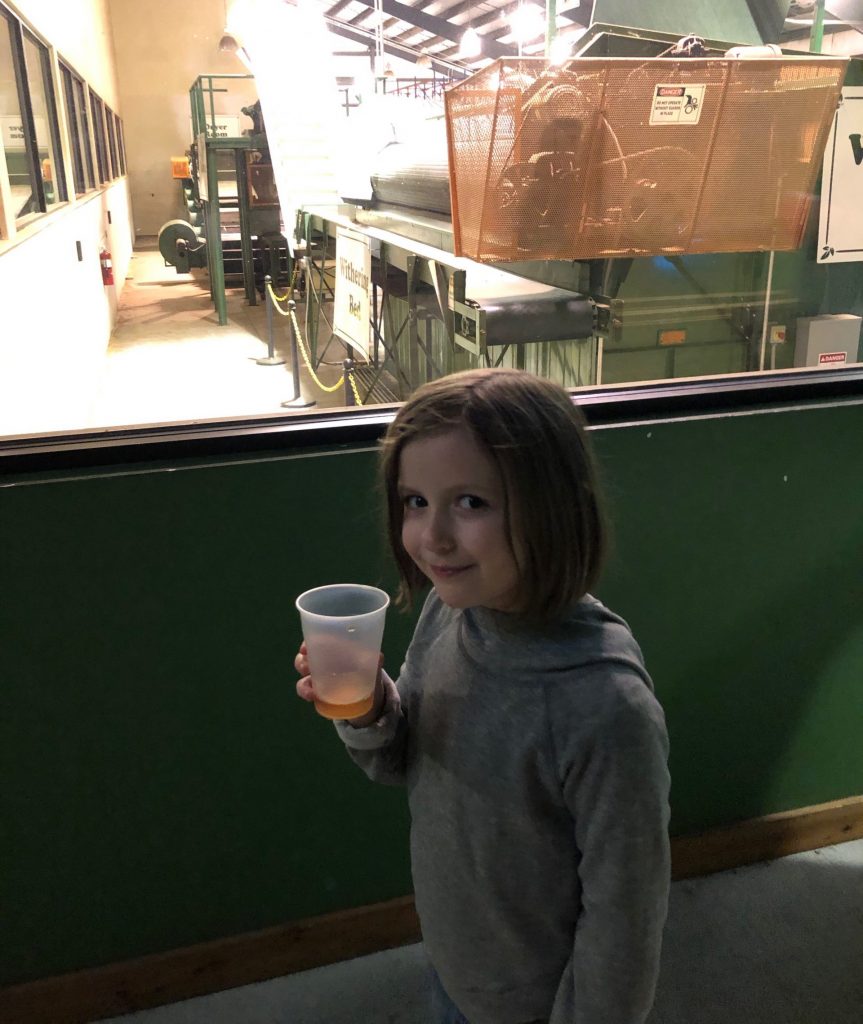
tea tasting tourist. 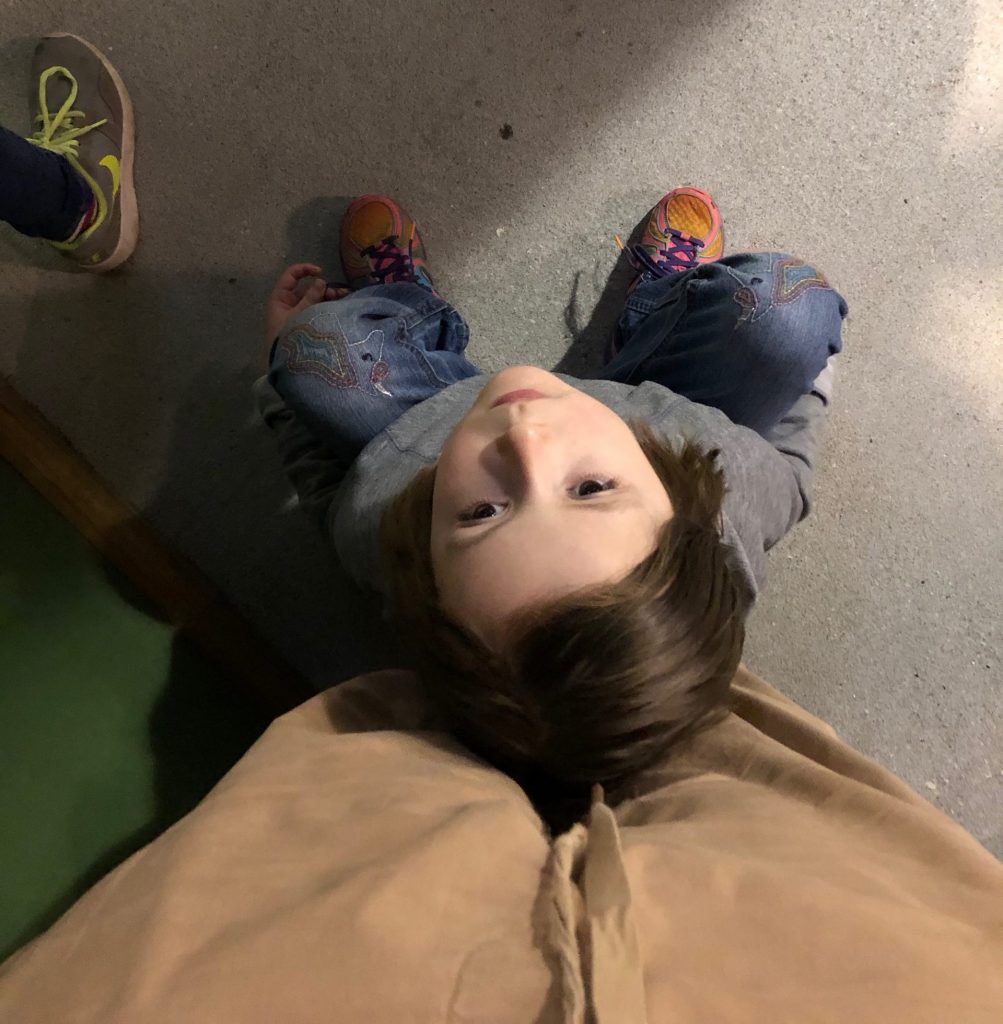
not impressed with the tour.
once we learned how tea was made, completed our purchases (raspberry, peach, and mint green tea), and talked with a friendly cashier about stranger things theories (isaac), we went outside for some running around, photos and maybe to see the actual tea trees.
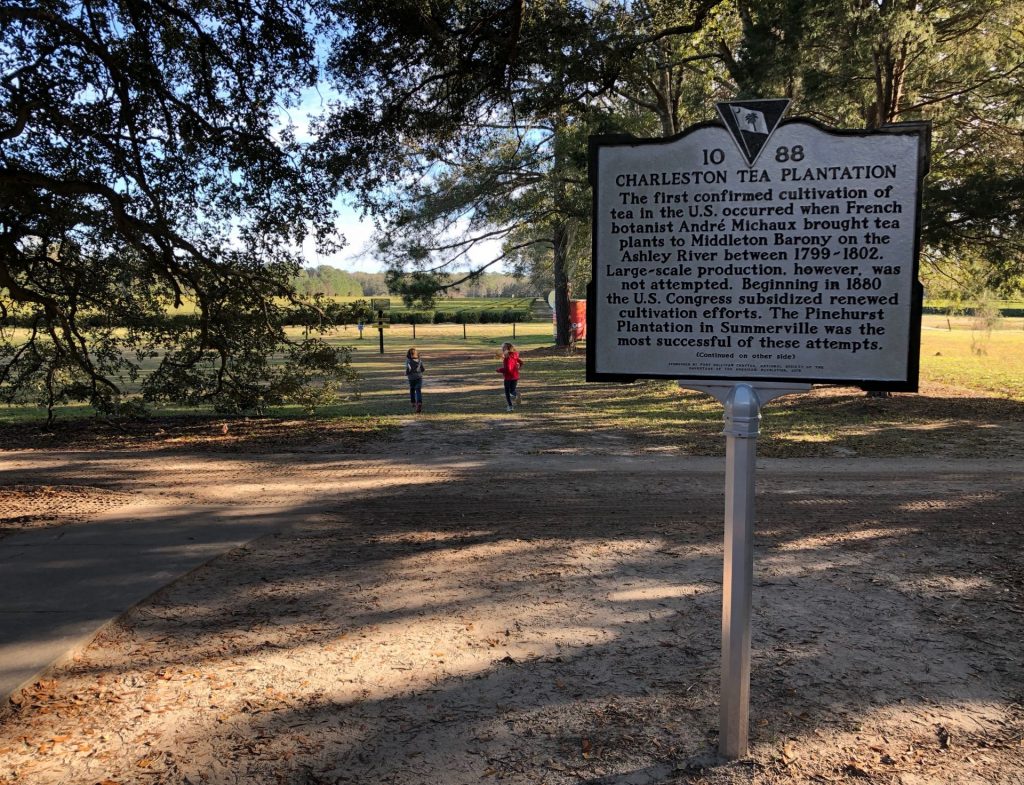
signs. running children. 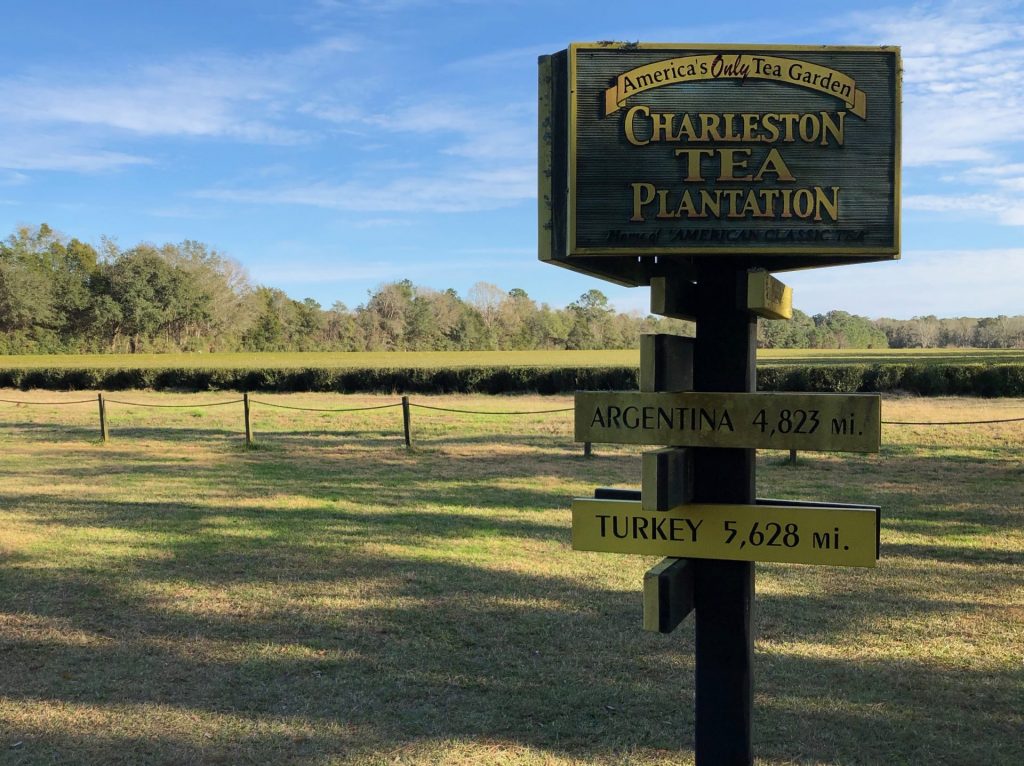
off to argentina. bye. 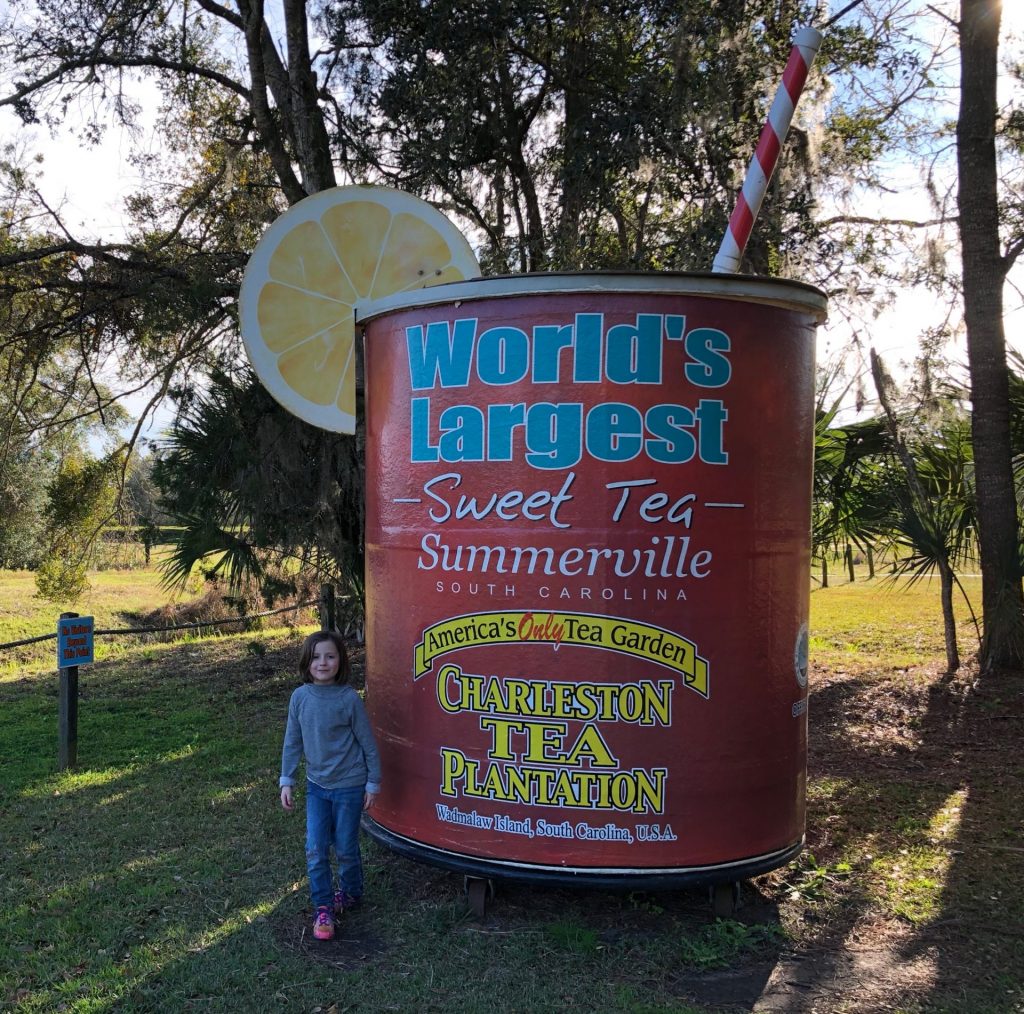
laregest tea. 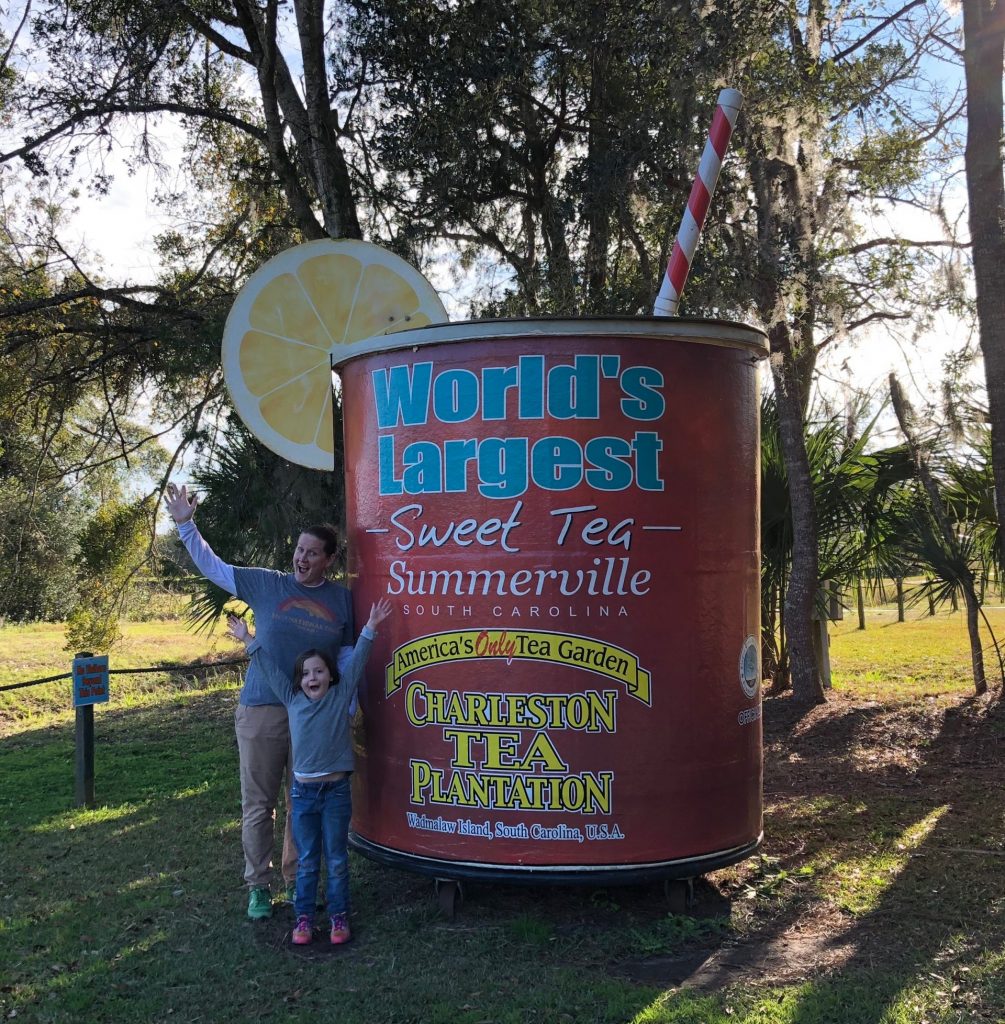
questionable authenticity. 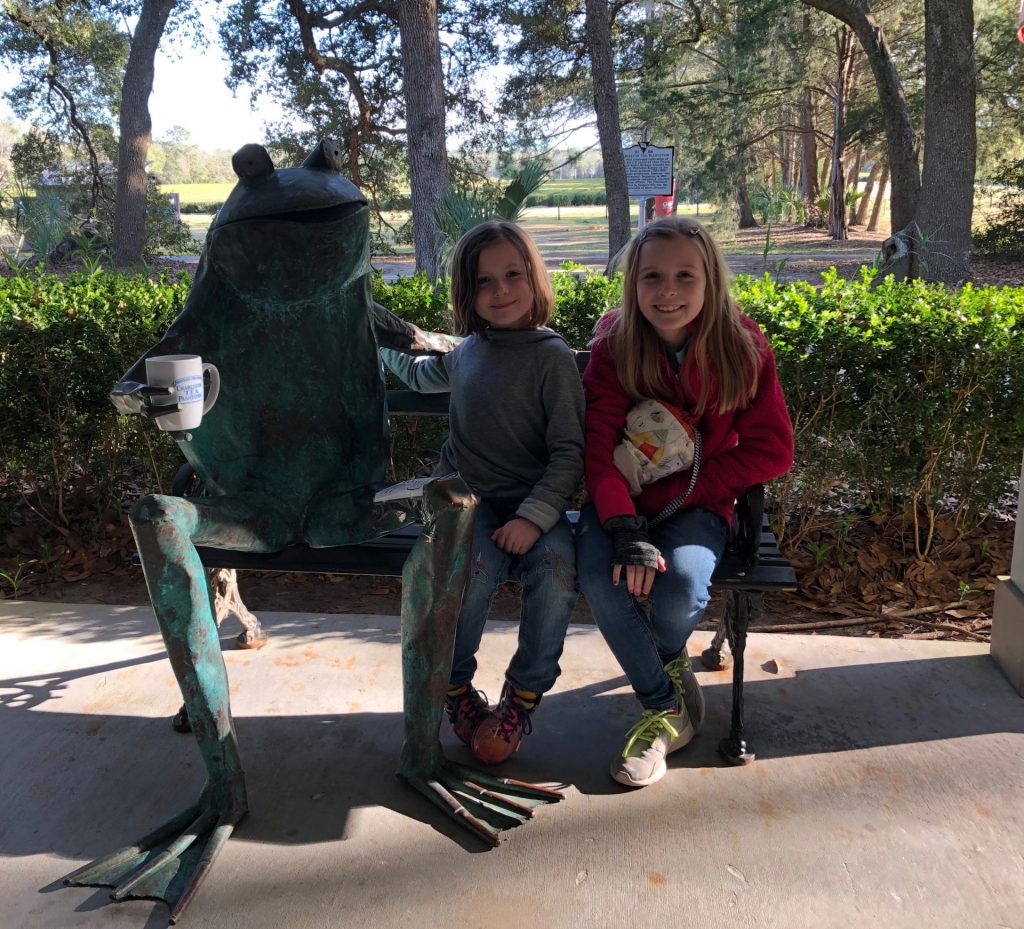
posing with this frog dude. (there was a similar one at the aquarium and now i will research whether this is a charleston thing or a coincidence.)
so our last day was pretty great. the weather was lovely. the food was good. the adventures were educational and fun. and we headed back to the hotel, where derek cooked up some local fish. and we maybe ate some more junk food. and generally lounged before our departure in the morning.
